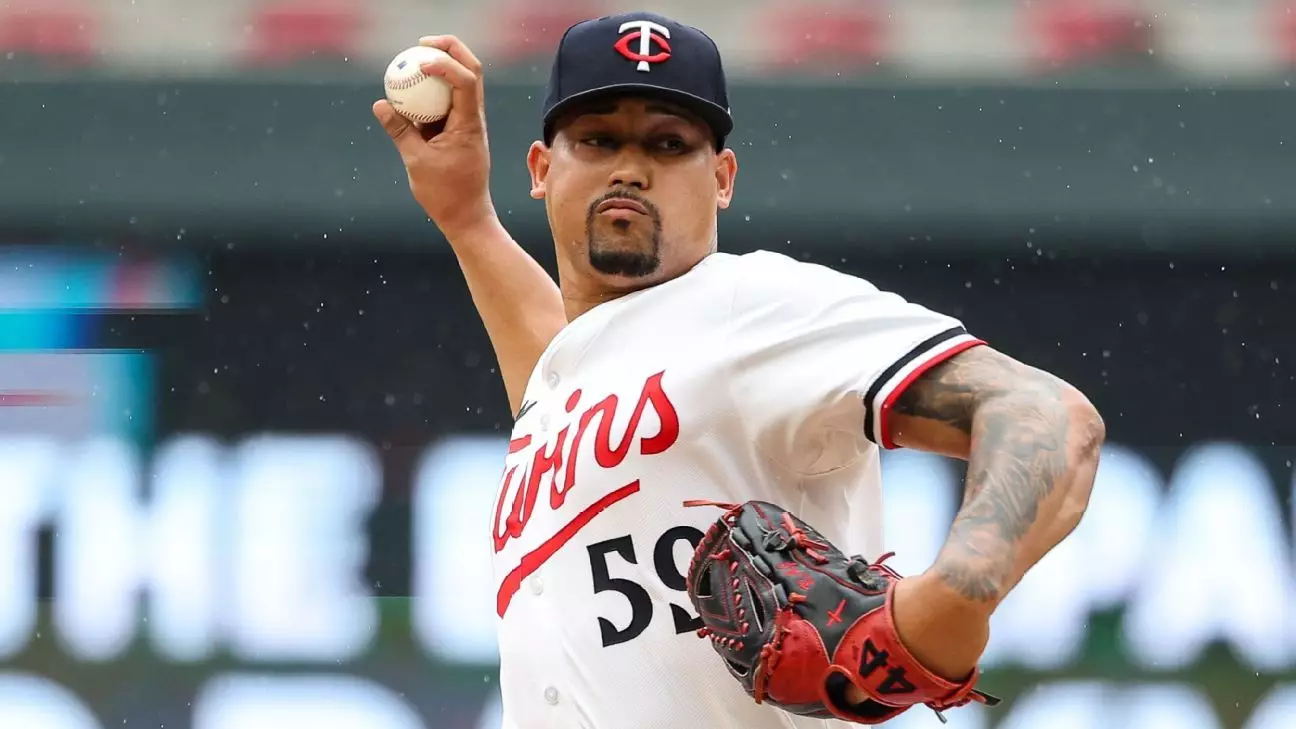In their recent attempt to shore up a crumbling bullpen, the Philadelphia Phillies pulled the trigger on a high-stakes trade that, frankly, reeks of desperation rather than strategic brilliance. Acquiring Jhoan Duran, one of baseball’s most electrifying relievers, is undeniably tempting — but at what cost? The Phillies surrendered promising prospects like Eddie Tait and Mick Abel, both of whom symbolize the bright future of the franchise. While Duran’s fastball and curveball offer undeniable dominance, blindly throwing resources at a single relief pitcher ignores the deeper, systemic issues that plague this team. Good teams don’t fix their problems through high-risk trades; they cultivate resilience internally.
The Illusion of Reinforcing the Clutch
What’s more troubling is how the Phillies seem to see one addition as a cure-all for their late-inning struggles. Historically, bullpen troubles are symptoms of managerial misjudgments and organizational neglect. Dombrowski’s aggressive trades reflect a short-term mindset — an urgency rooted more in appeasing fans than executing coherent long-term planning. The Phillies’ bullpen remains a fragile position, with multiple players faltering under pressure and a revolving door of closers. Indeed, the problem isn’t just talent; it’s consistency. No single reliever, regardless of talent, can compensate for deeper issues like poor late-game strategy or lack of a cohesive closing unit.
Overreliance on Lightning in a Bottle
Duran’s reputation is built around raw stuff, but baseball success often depends on more than just overpowering pitches. It hinges on durability, consistency, and mental resilience. Relying on a single player’s dominance risks creating a fragile ecosystem, especially when the team’s lineup demonstrates the capacity to slug in runs but falters in execution when it counts. Electric arms like Duran are enticing, but they rarely single-handedly turn a struggling bullpen into a reliable fortress. The Phillies’ fits and starts in their bullpen are more reflective of organization-wide neglect than lack of talent.
Window for Hope or Illusion of Victory?
The Phillies are clearly in a ‘win-now’ mindset, as evidenced by the departures of free-agent veterans like Harper and Schwarber looming on the horizon. Yet, an overemphasis on immediate fixes ignores the cracks beneath the surface. Their older roster, combined with a shaky bullpen, indicates cracks forming that a single trade cannot mend. It’s a risky gamble that promises excitement but offers little long-term stability. True contention requires building from within, fostering homers and trust in developmental pipelines rather than simply throwing big-money relievers into the mix.
A Reflection of a Shortsighted Baseball Culture
Ultimately, the Phillies’ approach illustrates a broader issue in baseball: the obsession with quick fixes over strategic growth. It’s emblematic of a league captivated by stats and overgrowth fantasy — more concerned with the spectacle of a flashy trade than the gritty reality of sustained success. If Philadelphia truly wants to compete at a championship level, they need more than a big-name reliever. They need a comprehensive, disciplined plan that emphasizes stable development, disciplined management, and patience. Only then can they escape the cycle of mediocrity fueled by reckless mid-season gambles.


Leave a Reply